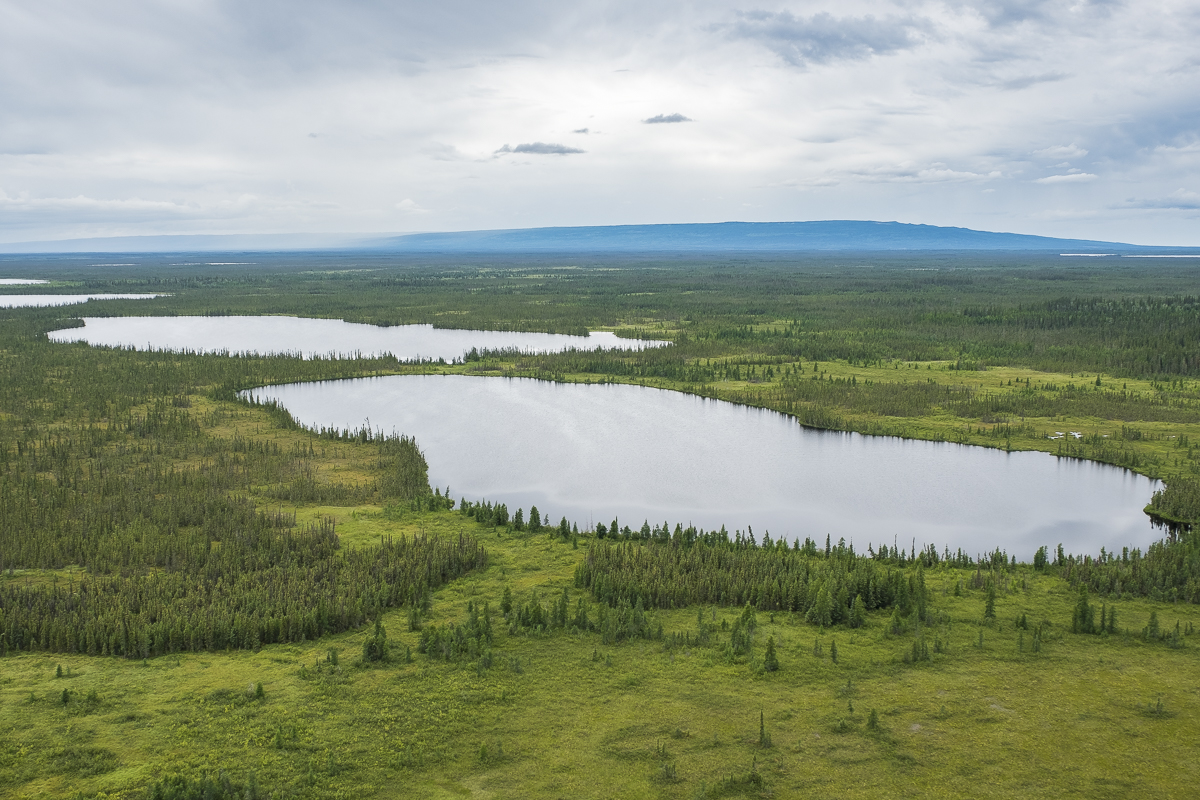To save nature, world leaders should look to Canada’s leadership
Edéhzhíe Dehcho Protected Area and National Wildlife Area | Ducks Unlimited Canada
By Hansjörg Wyss
This opinion piece appeared in the Toronto Star on April 22nd, 2019
I have long known and admired Canada for its rugged beauty and vast wild spaces. Yet it is the bold decisions Canadians have made over the past 150 years to safeguard their natural wonders that I believe deserve much more attention.
Canada was one of the first countries to affirm that its wild places should be conserved in public ownership. In the 1880s, Canada created North America’s first bird sanctuary, and set aside the continent’s second national park, Banff. For nearly a century now, Canada’s national parks have been “dedicated to the people of Canada for their benefit, education, and enjoyment.”
Canada’s efforts to protect its lands, waters, and wildlife will be on full display on Wednesday and Thursday when environment ministers from around the world meet alongside Indigenous leaders and business executives in Montreal for the inaugural Nature Champions Summit.
Lower Consolation Lake, Banff National Park | Wikimedia Commons
The meeting is happening at a critical time. In just 18 months, nations will gather in China at the 2020 United Nations Biodiversity Conference to refresh a decade-old plan to safeguard the planet’s wildlife. In 2010, the global community committed to permanently protect 10 per cent of the world’s oceans and 17 per cent of its lands.
While Canada and other nations have made swift progress toward achieving these goals, scientists now recommend that the international community protect 30 per cent of Earth’s lands and waters by 2030. This is an important step, they agree, toward successfully confronting the extinction crisis and conserving half the planet’s surface for nature.
Canada’s recent successes provide three important lessons to forming a new, successful global conservation agreement.
First, the Trudeau government has proven how quickly progress can be made when national leaders commit to achieving clear, measurable goals for nature conservation. Since 2015, Canada has established dozens of new marine reserves, going from less than 1 per cent of its oceans under protective status to nearly 8 per cent. With the seventh largest marine territory in the world, Canada’s imminent success in meeting its 10 per cent target by 2020 — and doing so in only five years — is an unparalleled demonstration of conservation leadership.
Second, Canada, through its rapidly expanding Indigenous Guardians programs, is establishing innovative new protected areas and providing a global model for Indigenous-led conservation.
Through direct employment on the ground (and water), the Guardians programs are giving First Nations, and especially young people, the opportunity to safeguard their natural and cultural heritage, while respecting the rights and sovereignty of Indigenous peoples.
And third, Canada is setting an inspiring example by increasing its investment in the protection and management of its natural areas.
Last year, Canada launched the Nature Fund, a $500 million government commitment to establish new protected areas, conserve imperiled wildlife, and support Indigenous-led conservation. These funds are leveraging millions of dollars in private funding, further accelerating Canada’s progress and engaging new philanthropic, corporate, and Indigenous partners.
Seeing the progress Canada, other nations, and communities around the world are making to conserve lands, waters, and wildlife makes me optimistic about our collective ability to protect our planet's remaining wild places. It is a global effort to which we must all contribute.
My own lifelong passion for the outdoors — sparked by my visits to public lands in the western United States as a young man — has led me to commit $1 billion over the next 10 years to support locally led conservation initiatives around the world, with the goal of protecting 30 per cent of our planet by 2030.
But philanthropy alone is not enough. It will take all of us — across borders, across generations, and across cultures — working together to protect our natural world. I am grateful for Canada’s willingness to convene and lead. The Nature Champions Summit next week offers a remarkable opportunity to chart an ambitious shared path to protecting nature for all living things.


